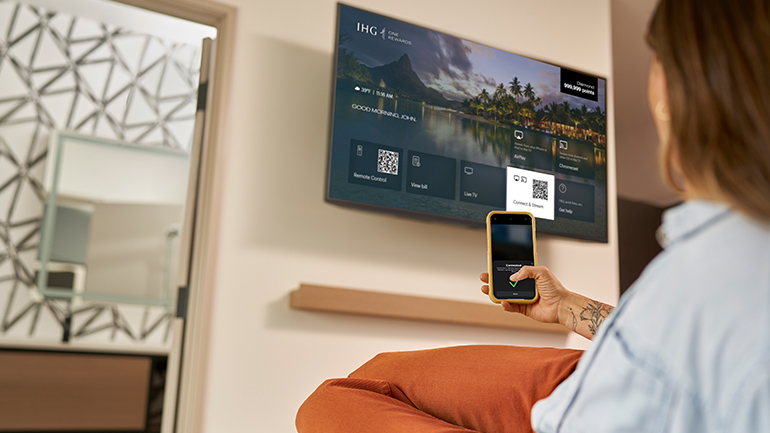
Downfall of BlackBerry, Rise of the iPhone Affected Canadian Manufacturing

The rise of Apple as a smartphone manufacturer affected not only BlackBerry — which is now considering the launch of an Android smartphone — but the whole Canadian electronics industry, according to a recent report published by HSBC Canada.
The problem seems to be in the weakness of the communications industry. “It’s tough to compete with some of the sexier products coming from Apple and Samsung,” Andrew Skinner, head of trade at HSBC Canada, said.
The glory days of the Canadian electronics industry were before the iPhone launched, between 2002 and 2007, led by BlackBerry. During that period, the industry recorded a 5% growth, just for communication technology equipment exports to fall a stunning 40% between 2007 and 2014.
We now know that BlackBerry has found a way to turn around its free fall — by turning to more profitable areas such as services — but fortunately, other Canadian electronics companies are recovering from the hit and moving on. HSBC expects the electronics industry to grow to $15 billion by 2030, up from $12.3 billion in 2014.
“One of the key advantages Canada has is the links to university research,” Skinner said. “The education sector here… has a great reputation and is a key export. That knowledge transfer and proximity to key demand is obviously a key advantage.”
The emerging markets make the outlook positive. HSBC foresees big improvements in the health and medical sectors. As the emerging markets are moving up the value chain, they can afford more and consume more in those key sectors, according to Skinner.
Another area that is gaining traction is the printable electronics field, as this area has low start-up costs.
“Many of the companies that are coming into this business were in some sort of control panel, user interface design, or some sort of electronics system that has a variety of components,” said Peter Kallai, executive director of the Canadian Printable Electronics Industry Association.
“They’re looking at ways to reduce costs, they look at ways to increase volumes and look at ways to introduce innovation to differentiate their approach,” he added.
Of course, not everything is positive: HSBC estimates that growth in electronics imports — driven by automotive and aerospace industry demand — will still outpace exports.

